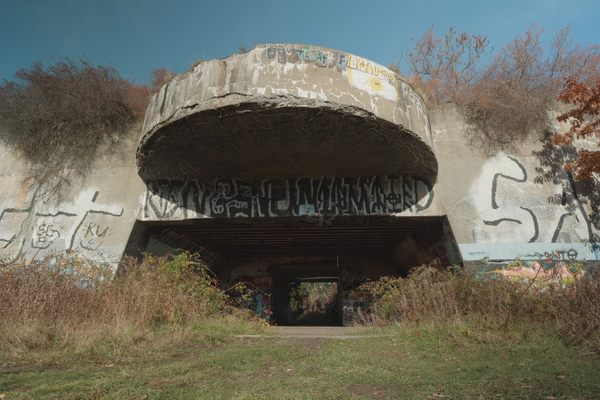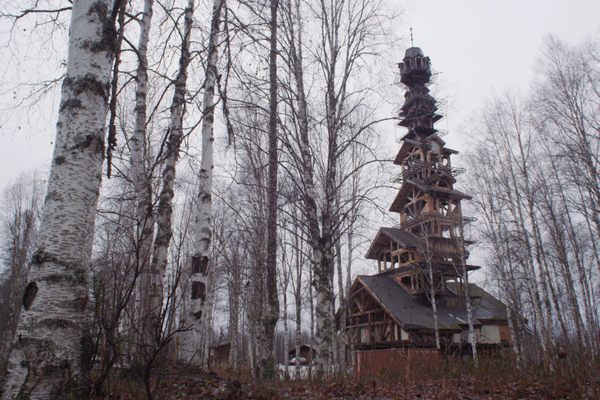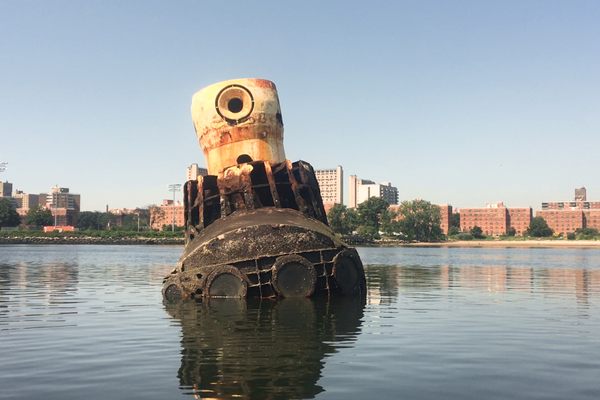Can an Anonymous Buyer Save a German Village on Its Last Legs?
For the tiny hamlet of Alwine, one bid stands between it and ruin.
A few decades ago, the East German town of Alwine, in Brandenburg, was a small but bustling hub of activity, with around 50 residents mostly employed by Europe’s oldest coal briquette plant. Now, its population is less than half that.
Roofs are sagging and in need of repair. Plaster peels from the walls. The settlement—barely even a village—itself is sliding further and further into neglect. Even the electrician doesn’t come by any more.
In 2000, two brothers bought Alwine for one symbolic Deutschmark, with plans to save its buildings, sheds and garages. In the time since, one brother has died and the other washed his hands of the project. Last week, Alwine went back under the hammer—selling last week to an anonymous purchaser for just under $170,000, AFP reports. It was the only bid.
In 2000, the quiet East German hamlet of Alwine was sold for one Deutschmark. Now the drab community is going under the hammer for €125,000 ($148,000) https://t.co/F0l2HzDKec pic.twitter.com/qL2IoOypW4
— AFP news agency (@AFP) December 7, 2017
Named for the former wife of the plant’s 19th-century owner, Alwine became part of Germany’s communist East when the Iron Curtain went up in 1945. Though it has been 27 years since Germany was reunited, these East German settlements still lag behind their western equivalents in prosperity, wages, and GDP. Some 15 percent of the region’s population moved away between 1990 and 2015—in Alwine, when the coal plant closed in 1991, the town’s sons and daughters packed up and left.
But with this new, anonymous owner comes a glimmer of hope for the village’s elderly residents. According to a clause in Germany’s constitution, if you buy property, you have some responsibility toward the people who live there—and to serve the “public good.” The onus is on this lone bidder to save Alwine from certain abandonment, before time completes its course.













Follow us on Twitter to get the latest on the world's hidden wonders.
Like us on Facebook to get the latest on the world's hidden wonders.
Follow us on Twitter Like us on Facebook